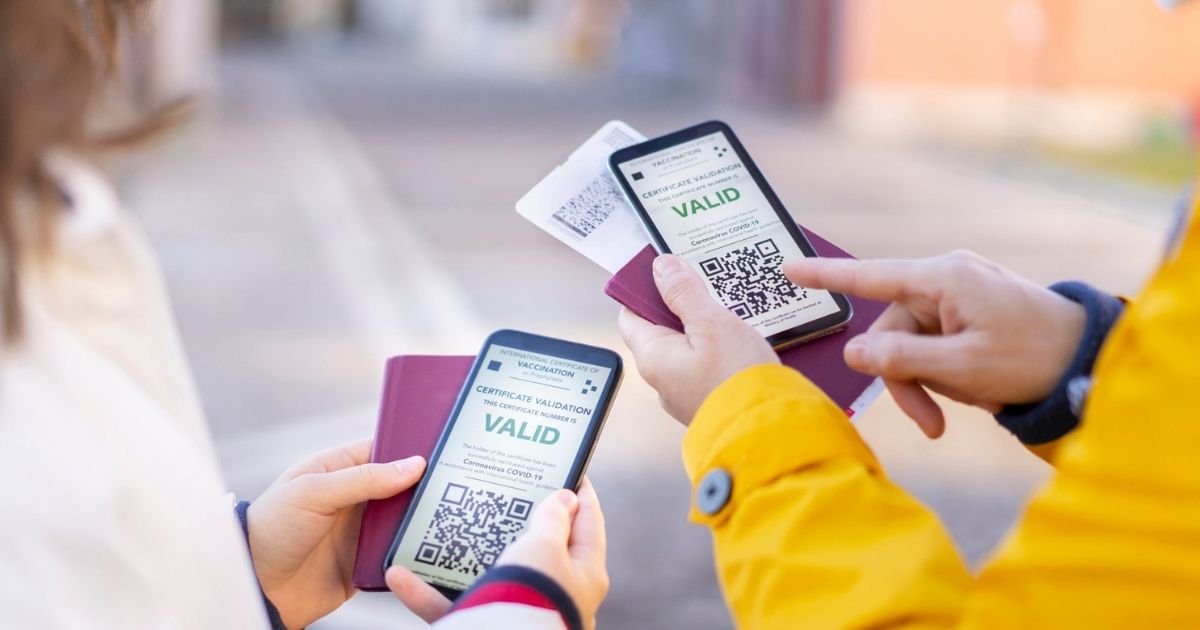In a groundbreaking move, Finland has positioned itself as the global pioneer in digital passports, revolutionizing the way we travel. Digital passports, often referred to as “digital identities” or “ePassports,” are mobile applications that enable travelers to store and present their passport information on their smartphones, eliminating the need for a physical document.
These digital passports, while relatively new, have rapidly gained traction and are already in use in over 100 countries, including India. An e-passport typically contains the same essential information as a traditional passport, such as the holder’s name, date of birth, nationality, and a photograph. However, instead of being a physical booklet, this information is securely stored electronically and can be accessed via a computer or mobile device.
One of the key features enhancing security is the inclusion of a chip-enabled biometric identification card in e-passports. This innovation not only bolsters identity verification but also safeguards against counterfeiting and theft.
Finland is not alone in embracing this digital passport revolution. Poland, South Korea, the United States, and the United Kingdom are among the countries actively working on similar digital passport projects. In a historic move in 2021, Ukraine granted digital passports the same legal status as physical ones, setting a precedent for others to follow.
Moreover, in February 2021, Singapore introduced HealthCerts, a digital health passport that allows travelers to securely store and present their COVID-19 test results and vaccination records, paving the way for safer international travel during the pandemic. Countries such as China, Estonia, and Israel have also launched digital vaccine passports to facilitate travel.
In India, the Ministry of External Affairs plans to provide electronic passports through all 36 Indian passport offices. While the process for applying for a new passport will remain unchanged, the introduction of e-passports with integrated electronic chips will streamline international travel for Indian citizens. Although certain services like visa stamping will continue to require paperwork, the shift towards e-passports will significantly reduce the need for physical documents, automating the process to a great extent.
This transition to e-passports is a game-changer for India’s travel and tourism sector. It promises to make international travel more accessible, attracting more tourists from around the world and solidifying India’s position as a top international vacation destination. Moreover, the enhanced security features of e-passports will make it significantly more challenging for criminals to forge or steal passports, ensuring the safety and peace of mind of travelers.
In a world where convenience and security are paramount, the advent of digital passports is undoubtedly a step in the right direction, propelling us into a future where seamless, paperless travel is the new norm. Finland’s pioneering move serves as a beacon, guiding nations worldwide towards a more efficient and secure travel experience.














